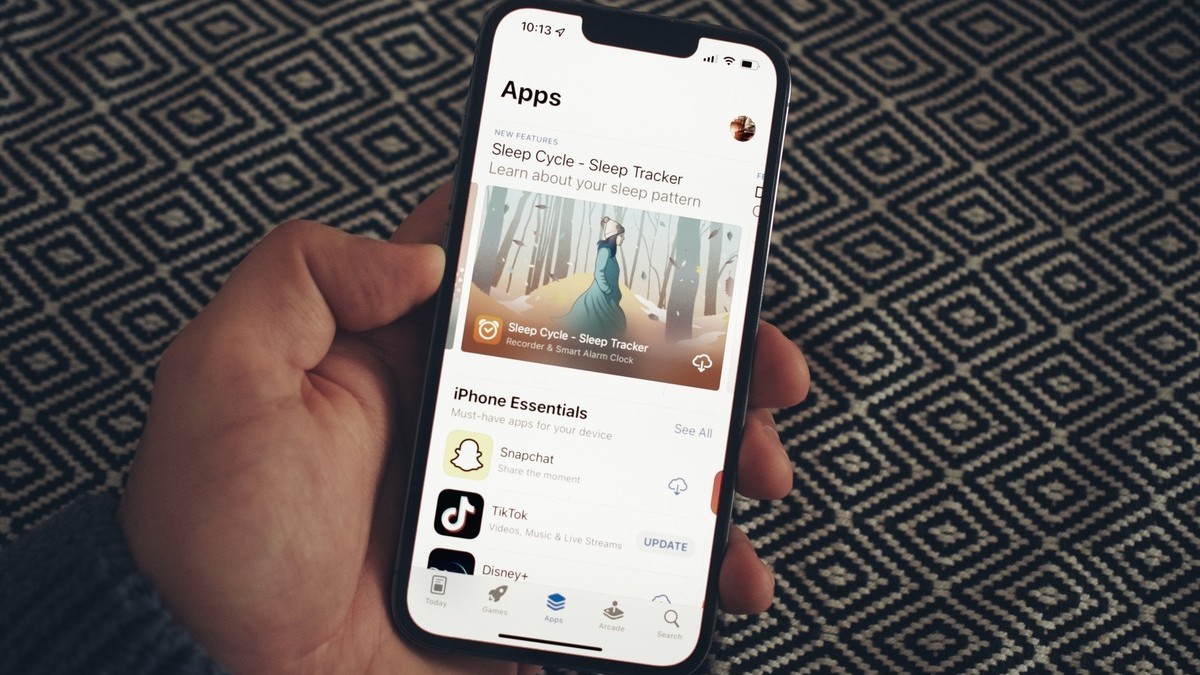
Not too long ago now it seemed that we couldn't go more than a few days without Apple and Epic Games finding themselves staring not-so-lovingly at each other across a courtroom. It all kicked off when Apple removed Fortnite from the App Store over third-party payment system violations and it all got a little silly from there.
Then things went quiet for a little while and we all got back to focusing on much more interesting things. New iPhones, new iPads, the rise of Apple silicon, and of course the endless rumors about a mixed reality headset that would ultimately become the Apple Vision Pro. There was the Apple Car project that ultimately failed, too. Good times.
But we're back in court again, and Apple and Epic are once more in front of a familiar face. Judge Yvonne Gonzalez Rogers was in charge of the lawsuit that saw Apple forced to allow app developers to link to third-party payment options for the first time. But Epic now argues that Apple's changes to make that happen aren't entirely to the letter, and it's doing the bare minimum to avoid getting in trouble. If that sounds familiar, it's a similar argument to the one that has been made about Apple and its response to the European Union's Digital Markets Act, too. There's a common denominator there, but I can't quite put my finger on it. Regardless, courtrooms are back on the agenda, and there's little sign they'll ever go away.
Here we go again
The AP has shared details of what sounds to have been an awkward day in court yesterday. It tells the story of a judge who appears to be losing patience with Apple while questioning whether Apple "has set up a gauntlet of exasperating hurdles to discourage the use of alternative payment options in iPhone apps." That despite a court order telling it to allow those payment options.
The report continues, saying that the "verbal sparring" between the Judge and Apple's head of the App Store Matthew Fischer focused on "whether Apple is still steering U.S. consumers to its once-exclusive app payment system in defiance of an injunction aimed at promoting more choices that could help lower prices." And it's unpicking that question that is at the crux of the matter.
As to whether Apple really is stifling the takeup of third-party payments, I'm not sure. But there's an interesting stat — only 38 apps have so far chosen to use alternative payment systems since Apple was forced to allow such a thing this past January. 38 apps out of the circa two million apps in the App Store. Why? Epic argues that it's by design and that Apple is getting exactly what it wants.
For his part, Fischer apparently reminded the court that Apple is "running a business" when questioned on the 12% - 27% commission it charges developers for transactions that happen outside the App Store. Whether or not that commission is realistic could well be the crux of the matter here. Gonzalez Rogers suggested that Apple was still on the receiving end of a "windfall" as a result of the fees, perhaps giving us a hint at which way this will all go.
However, it's impossible to second guess where these kinds of legal battles will go or who will prove triumphant. What I do know is that this is, just like the EU's DMA, another example where Apple could have avoided all these legal battles if it had just relaxed the App Store rules years ago. Instead, it's going to happen at the behest of judges around the globe, piecemeal, and in a way that nobody really wins.
Least of all, iPhone owners.







